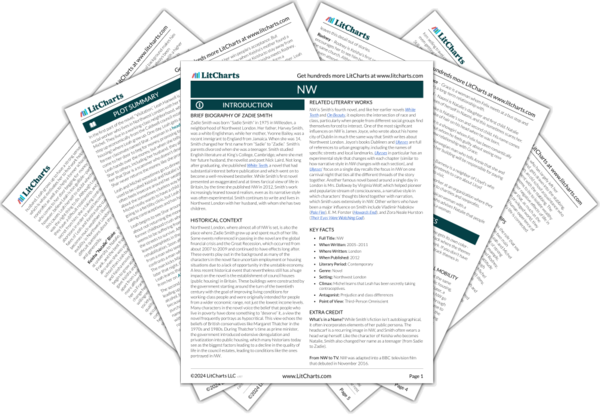While there are some uplifting elements to this ending, including Natalie and Leah finally finding a way to reconnect as they did when they were teenagers, ultimately the story ends on an ambiguous note. Natalie and Leah have both resigned themselves to accepting their places in society, showing their trust in the status quo by leaving it everything up to the police. The ending keeps Nathan at a distance, showing how people like Natalie and Leah, who face real challenges in their lives, can nevertheless also be guilty of helping perpetuate a system that keeps people like Nathan from rising above the circumstances into which he was born.
